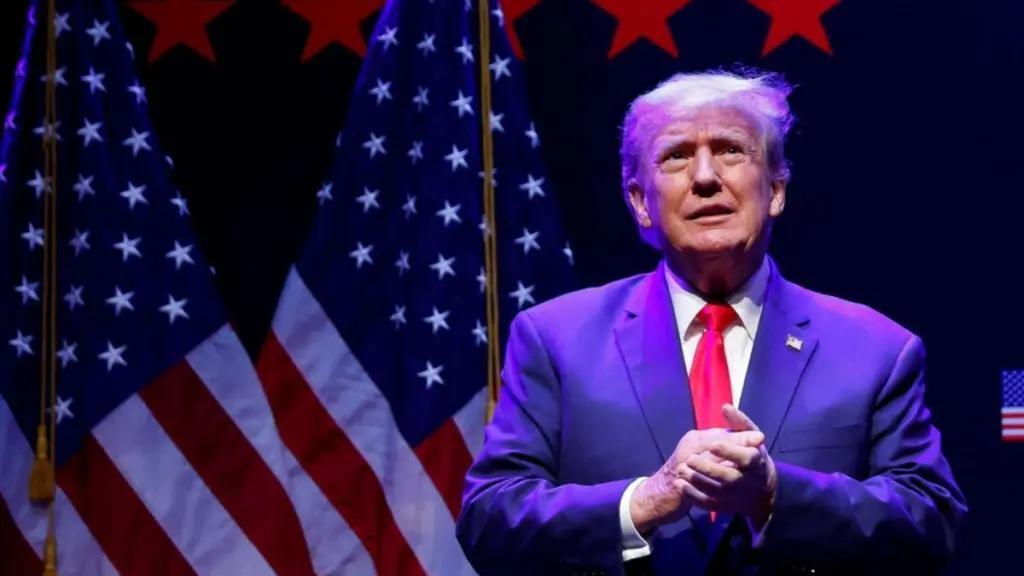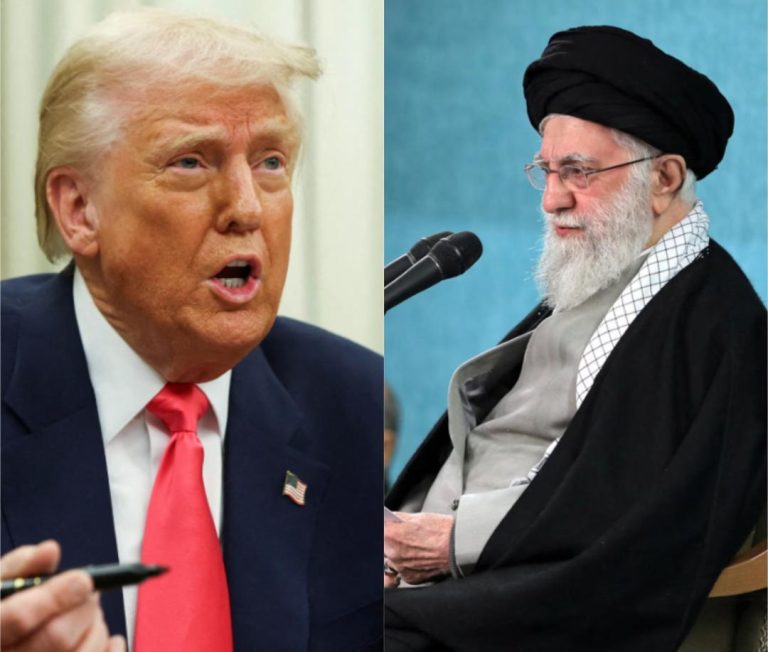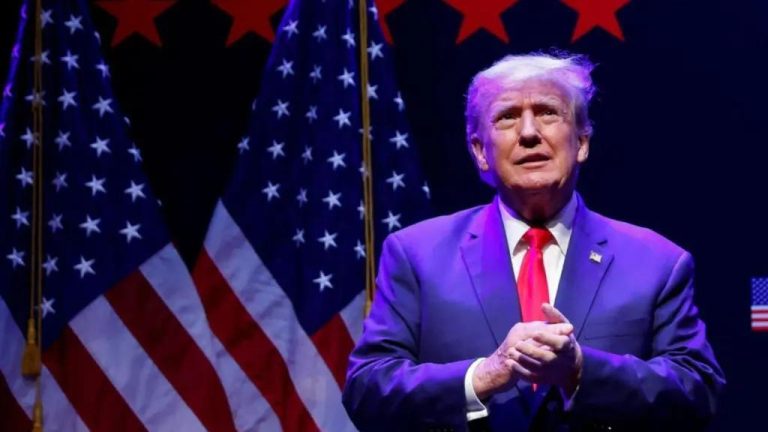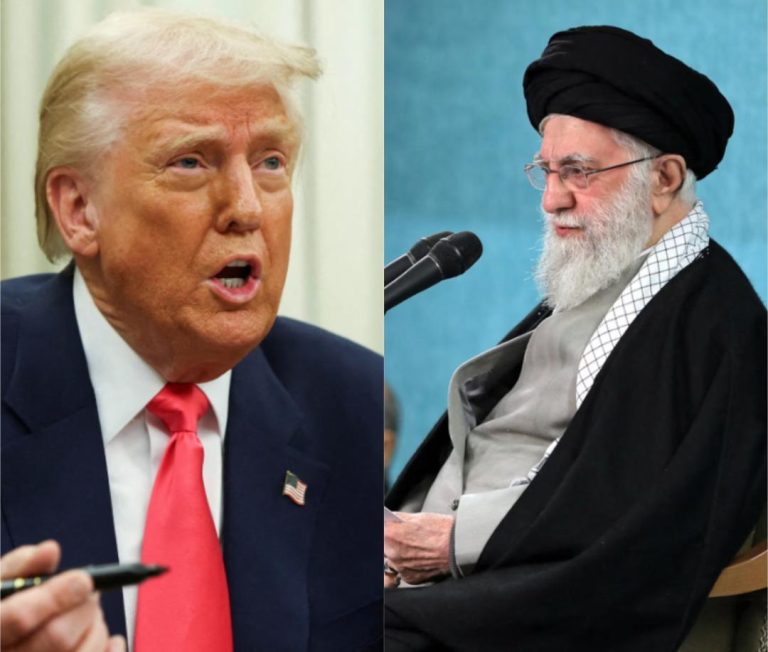
Donald Trump Exempts Smartphones & Computers from Reciprocal Tariffs
In a move that has sent shockwaves through the tech industry, United States President Donald Trump has excluded smartphones, computers, and other electronic items from the reciprocal tariffs he imposed on Chinese goods. According to a Customs and Border Patrol notice, these items will not be subject to the 25% tariffs imposed on $200 billion worth of Chinese goods, nor will they be subject to the 15% tariffs on $112 billion worth of Chinese goods.
This exemption comes as a relief to tech giants such as Apple, who had been warning of potential price hikes for their products due to Trump’s tariffs. Many of these products are manufactured in China, and the tariffs would have added a significant cost to their production.
The exemption is a significant departure from Trump’s previous stance on tariffs. In March, Trump imposed tariffs on $200 billion worth of Chinese goods, citing concerns over China’s trade practices and intellectual property theft. The tariffs were set at 25%, and were intended to punish China for its alleged unfair trade practices.
However, the tariffs have had a significant impact on the American economy, with many businesses and consumers feeling the pinch. Tech companies, in particular, have been vocal about the negative impact of the tariffs on their business.
Apple, for example, has warned that the tariffs could add up to $1 billion to its costs. The company has already raised prices on some of its products to offset the cost of the tariffs, but the exemption could help mitigate some of the financial burden.
Other tech companies, including Intel and Micron Technology, have also spoken out against the tariffs, citing concerns over the impact on their businesses and the American economy.
The exemption is also a departure from Trump’s previous rhetoric on trade. In the past, Trump has been critical of China’s trade practices, and has threatened to impose tariffs on a wide range of Chinese goods.
However, the exemption may be seen as a sign of a softening stance on trade. In recent months, Trump has indicated a willingness to negotiate with China on trade, and the exemption may be seen as a gesture of goodwill.
The exemption is also a boon for American consumers, who may see lower prices on their favorite tech products. The tariffs had been expected to add up to $10 billion to the cost of consumer electronics, according to a report by the Consumer Technology Association.
The exemption is also a sign of the complex web of trade relationships between the United States and China. While the two countries have been engaged in a trade war, they also have significant economic ties, with many American companies manufacturing goods in China.
The exemption is limited to certain electronic items, including smartphones, computers, and other electronic components. Other Chinese goods, including clothing and textiles, will still be subject to the tariffs.
The exemption is also subject to certain conditions, including the requirement that the goods be manufactured in China. This could make it difficult for companies to avoid the tariffs by manufacturing their goods in other countries.
The exemption is a significant development in the ongoing trade war between the United States and China. While the two countries have been engaged in a series of trade talks, there has been little progress on the key issues, including China’s trade practices and intellectual property theft.
The exemption is a sign that the two countries are willing to find a compromise, and could be a sign of a potential breakthrough in the trade talks. However, the exemption is also a reminder of the complex web of trade relationships between the two countries, and the challenges that lie ahead in finding a resolution to the trade war.




